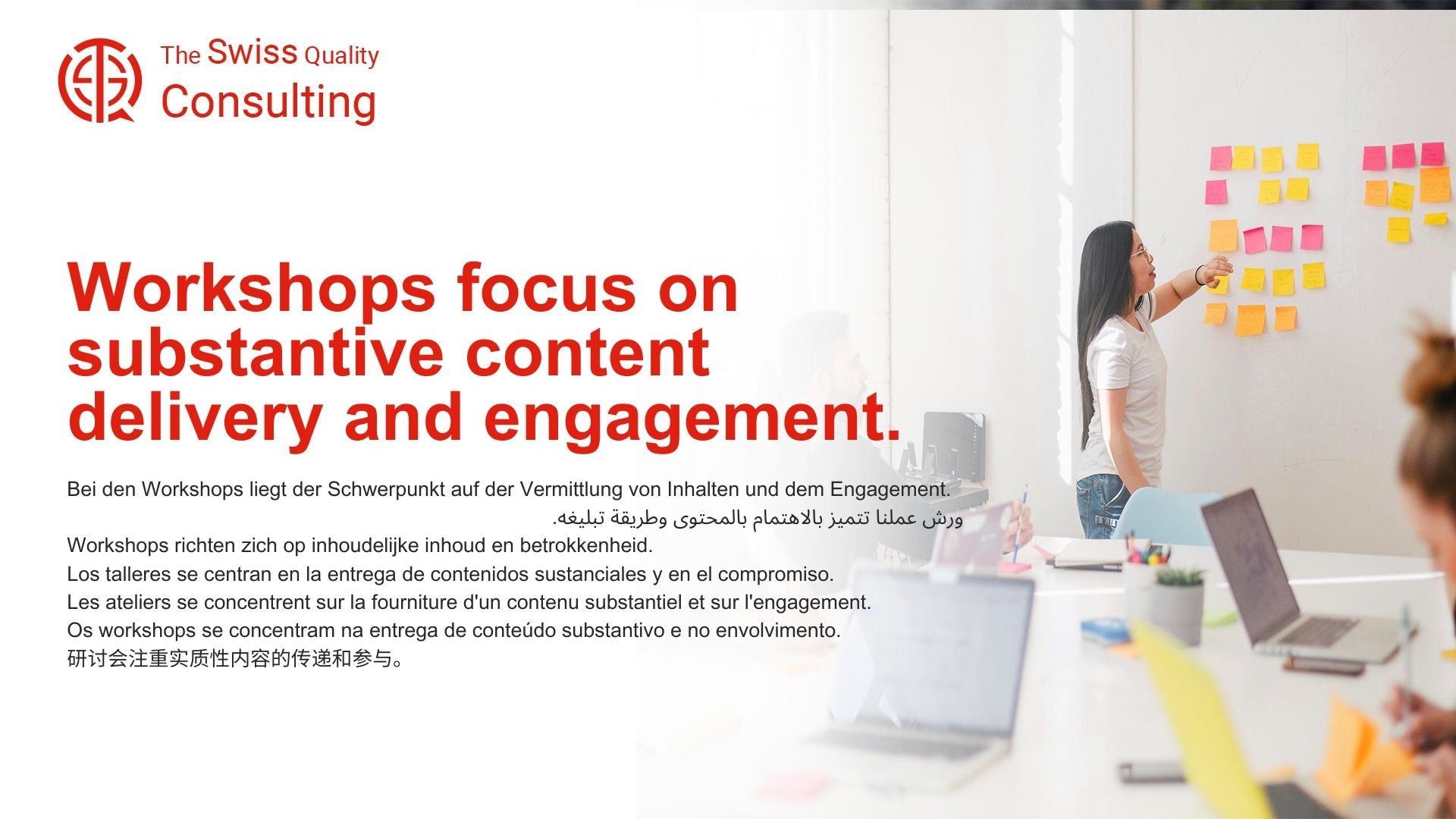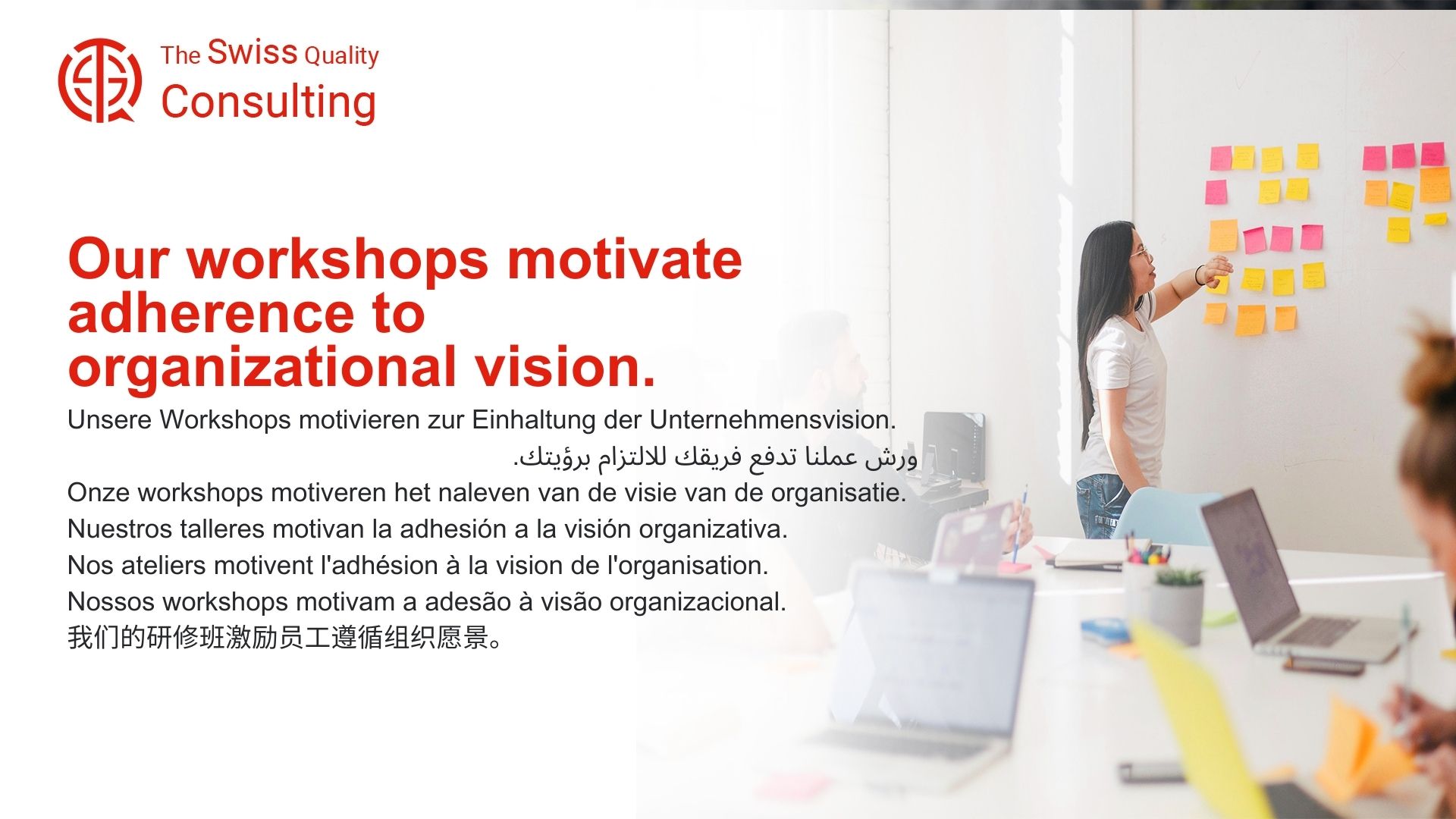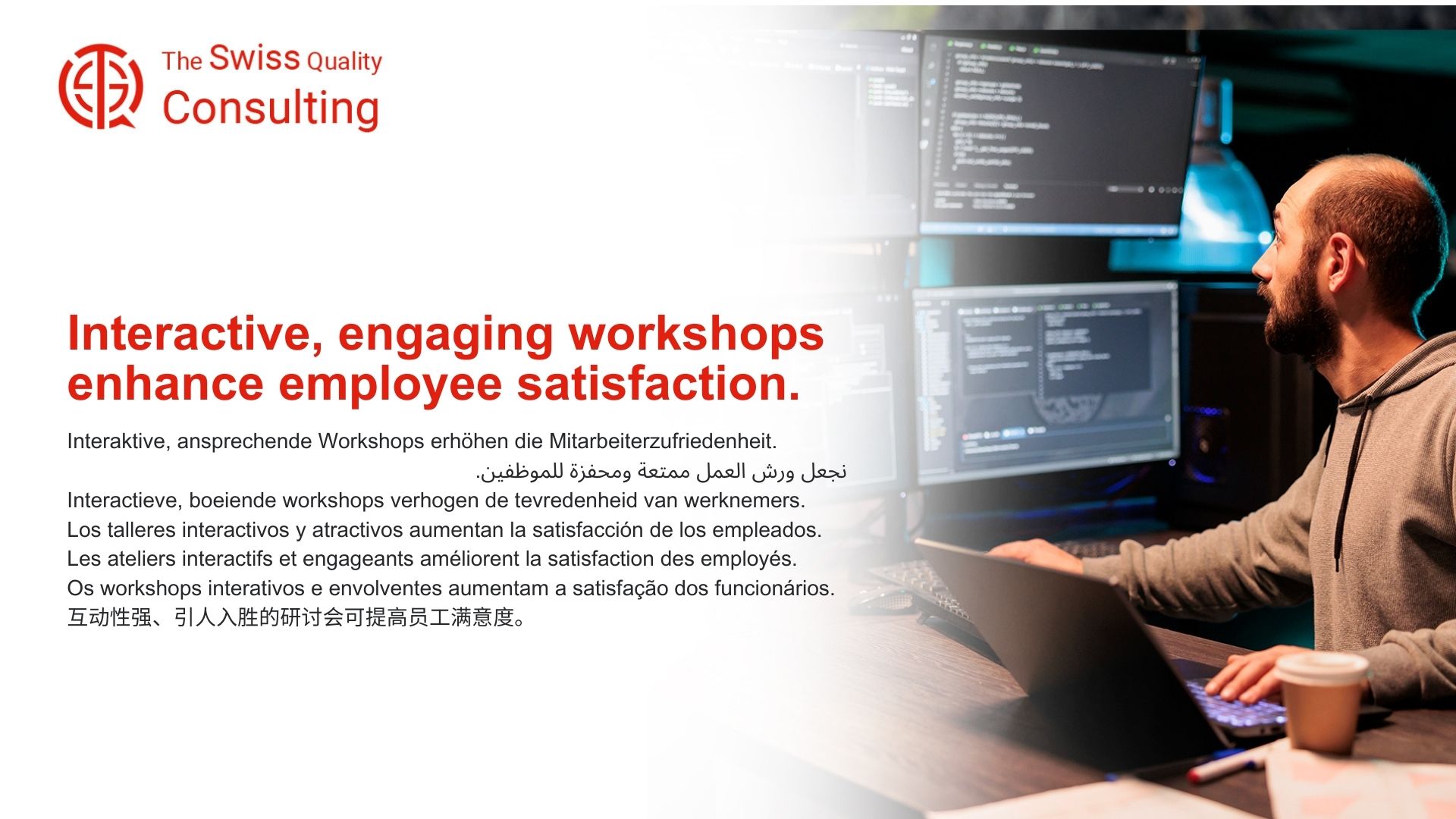Enhancing Business Resilience Through Advanced Technologies
In an increasingly volatile business landscape, the importance of robust risk management cannot be overstated. The strategic integration of Strengthen Risk Management with AI-Driven Scenario Modeling is not only innovative but essential for businesses aiming to thrive in today’s competitive environment. This article provides a comprehensive overview for business executives, mid-level managers, and entrepreneurs, underlining the significant role of AI in transforming risk management practices.
Change Management: Adapting to New Risk Realities
In our rapidly evolving business landscape, where disruptions and uncertainties become the norm, effective change management is no longer a luxury; it’s a necessity. As organizations implement new risk management strategies, particularly those incorporating AI-driven scenario modeling, they embark on a transformative journey that demands a significant shift in both mindset and operations. Navigating this complex transition requires strategic leadership and the invaluable guidance of executive coaching services.
1. Cultivating a Data-Driven Mindset: Integrating AI-driven scenario modeling into existing risk management frameworks necessitates a fundamental shift from intuition-based decision-making to a data-driven approach. Executive coaching empowers leaders to embrace data as a strategic asset, fostering a culture of informed decision-making and encouraging collaboration between risk management teams and data analytics specialists.
2. Building Strategic Alignment: The successful implementation of AI-driven scenario modeling requires alignment with the organization’s overall business goals and culture. Executive coaching helps leaders translate business objectives into actionable risk management strategies, ensuring that AI integration delivers tangible value and contributes to the organization’s long-term success.
3. Fostering Collaboration and Cross-Functional Teamwork: Effectively leveraging AI-driven scenario modeling requires seamless collaboration between various departments, including risk management, technology, and data analytics. Executive coaching promotes cross-functional teamwork by breaking down silos, encouraging open communication, and aligning diverse perspectives towards a shared vision.
4. Addressing Organizational Resistance and Fear of Change: Implementing AI-driven technologies can trigger fear of change and resistance among employees. Executive coaching helps leaders understand these concerns, address them proactively, and implement effective change management strategies to ensure employee buy-in and smooth transition to the new risk management framework.
5. Developing Leadership Skills for Managing AI-Driven Risk Management: Navigating the complexities of AI-driven scenario modeling requires specific skills and knowledge. Executive coaching equips leaders with the necessary expertise to understand AI algorithms, interpret model outputs, translate data into actionable insights, and make informed decisions based on the generated scenarios.
6. Building a Culture of Continuous Improvement and Learning: Integrating AI-driven scenario modeling is an ongoing process, requiring continuous learning and adaptation. Executive coaching fosters a culture of continuous improvement by encouraging leaders to learn from successes and failures, refine their strategies, and adapt to evolving technologies and risk landscapes.
7. Optimizing AI Model Performance and Value Creation: Effective leadership plays a crucial role in maximizing the value of AI-driven scenario modeling. Executive coaching helps leaders understand model limitations, identify potential biases, and implement measures to ensure the accuracy, reliability, and ethical use of AI models for enhanced risk management decision-making.
8. Measuring the Impact and Return on Investment: To ensure the success of AI-driven scenario modeling initiatives, it’s essential to measure their impact and return on investment. Executive coaching guides leaders in establishing key performance indicators, tracking progress, and analyzing the tangible benefits of AI integration in risk management strategies.
9. Building a Sustainable Risk Management Framework: Integrating AI-driven scenario modeling is not a one-time project; it’s a long-term commitment to improving organizational resilience. Executive coaching helps leaders build a sustainable risk management framework that incorporates AI as a vital tool, ensuring ongoing risk identification, assessment, and mitigation for long-term success.
10. Enhancing Brand Reputation and Stakeholder Trust: Implementing AI-driven scenario modeling demonstrates an organization’s commitment to proactive risk management, leading to a stronger brand reputation and enhanced stakeholder trust. Executive coaching assists leaders in communicating the benefits of AI integration effectively, building transparency, and fostering trust among investors, customers, and partners.
In conclusion, as organizations navigate the challenging and dynamic business landscape, effective change management and strategic leadership become vital for successful integration of AI-driven scenario modeling into their risk management frameworks. Executive coaching services play a pivotal role in this transformative journey, guiding leaders through the complexities of change, ensuring alignment with business goals, and equipping them with the necessary skills and knowledge to leverage AI for enhanced resilience, strategic decision-making, and sustainable success in the face of unforeseen risks.
Executive Coaching: Facilitating the AI Integration Journey
Executive coaching is vital in preparing business leaders for the complexities of AI-driven risk management. It equips them with the skills and knowledge needed to lead their teams effectively and make informed decisions based on AI-generated insights.
Effective Communication: A Core Component in AI Deployment
Effective communication is key to successful AI integration in risk management. It ensures that all team members understand the benefits and implications of AI-driven scenario modeling, thereby fostering a collaborative approach to risk assessment and mitigation.
Generative AI: The Future of Risk Prediction and Management
Generative Artificial Intelligence is revolutionizing risk management by enabling businesses to simulate and analyze various risk scenarios. These AI models can predict potential outcomes and provide strategic recommendations, allowing businesses to proactively manage risks.
Leadership and Management Skills for the AI Era
Effective leadership in the age of AI involves more than just technological know-how. It requires a strategic vision to integrate AI into risk management processes and the ability to inspire teams to embrace this technology as a tool for business success.
Staying Ahead: The Role of Business News Updates
Keeping informed through business news updates is essential for staying ahead in the AI-driven world. Regular updates provide insights into the latest AI trends and their impact on risk management, enabling businesses to continually refine their strategies.
Project Management: Orchestrating AI-Driven Risk Management Initiatives
Effective project management is crucial in implementing AI-driven risk management strategies. It involves detailed planning, coordination, and execution of tasks, ensuring that AI integration aligns with business objectives and compliance requirements.
conclusion Strengthen Risk Management with AI-Driven Scenario Modeling
In conclusion, strengthening risk management with AI-driven scenario modeling is a strategic imperative for modern businesses. By embracing AI, businesses can enhance their risk prediction capabilities, make informed decisions, and maintain a competitive edge in the ever-evolving business world.























